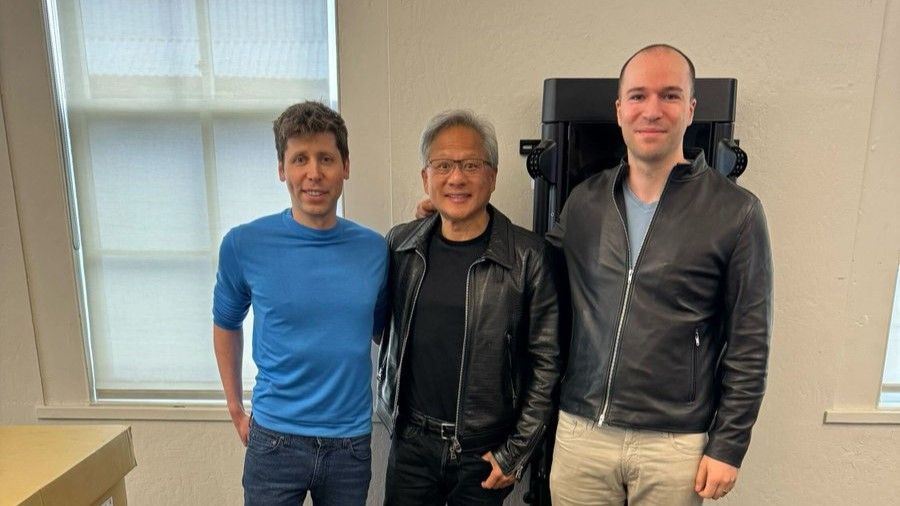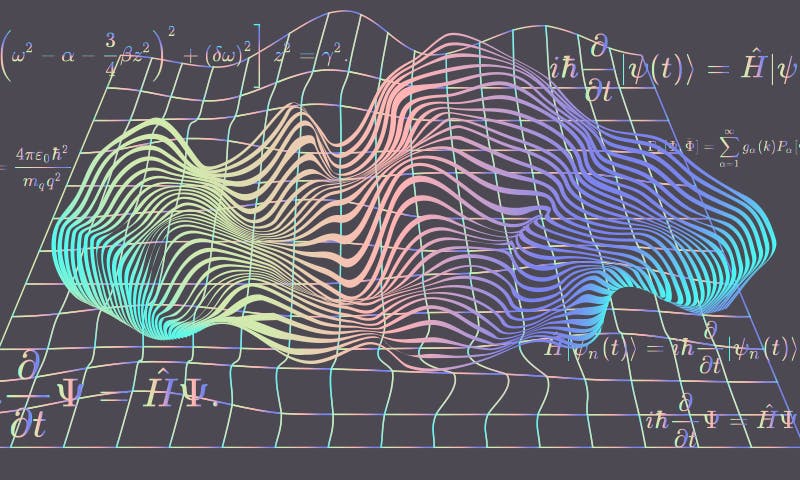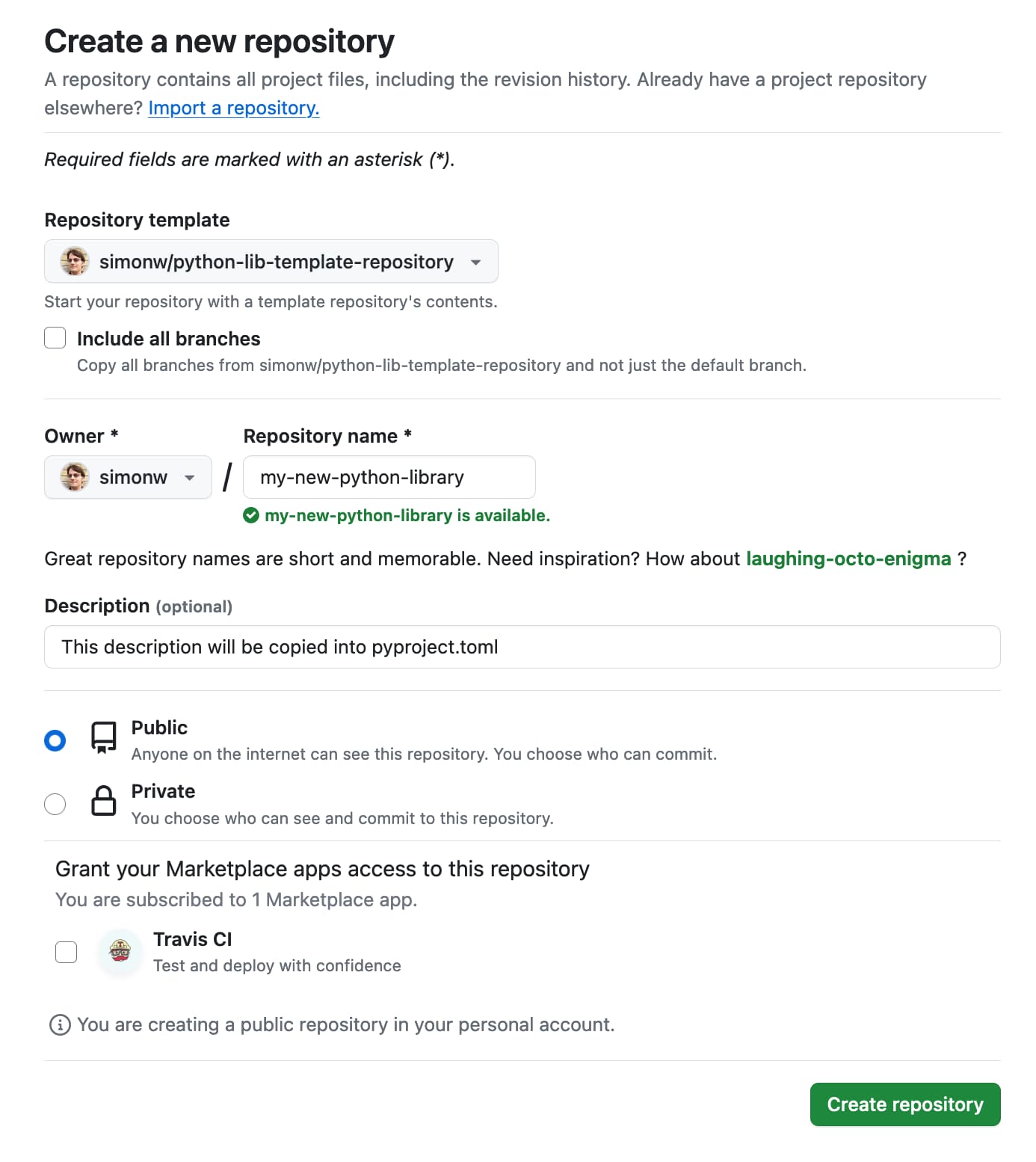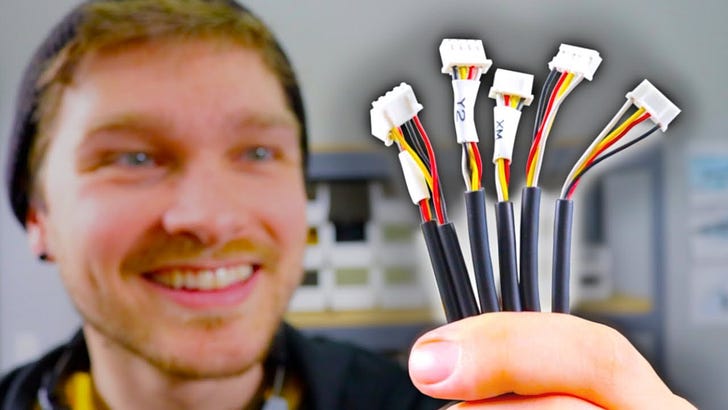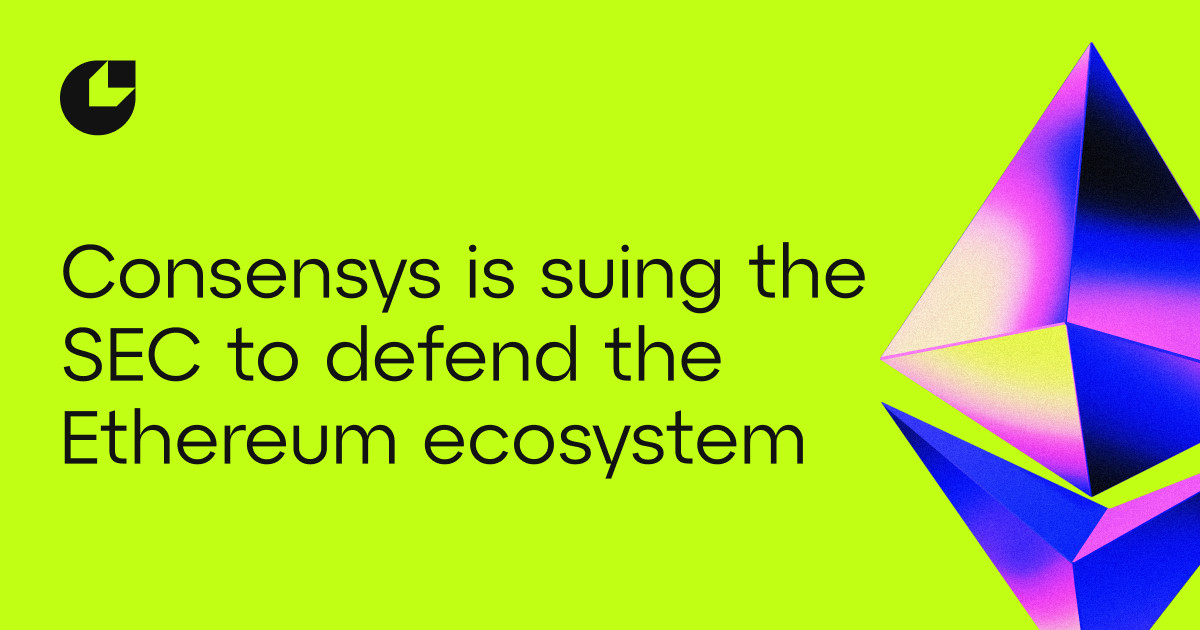
Google Online Security Blog: Introducing SLSA, an End-to-End Framework for Supply Chain Integrity
Supply chain integrity attacks—unauthorized modifications to software packages—have been on the rise in the past two years, and are proving to be common and reliable attack vectors that affect all consumers of software. The software development and deployment supply chain is quite complicated, with numerous threats along the source ➞ build ➞ publish workflow. While point solutions do exist for some specific vulnerabilities, there is no comprehensive end-to-end framework that both defines how to mitigate threats across the software supply chain, and provides reasonable security guarantees. There is an urgent need for a solution in the face of the eye-opening, multi-billion dollar attacks in recent months (e.g. SolarWinds, Codecov), some of which could have been prevented or made more difficult had such a framework been adopted by software developers and consumers. Our proposed solution is Supply chain Levels for Software Artifacts (SLSA, pronounced “salsa”), an end-to-end framework for ensuring the integrity of software artifacts throughout the software supply chain. It is inspired by Google’s internal “Binary Authorization for Borg” which has been in use for the past 8+ years and is mandatory for all of Google's production workloads. The goal of SLSA is to improve the state of the industry, particularly open source, to defend against the most pressing integrity threats. With SLSA, consumers can make informed choices about the security posture of the software they consume.
How SLSA helps SLSA helps to protect against common supply chain attacks. The following image illustrates a typical software supply chain and includes examples of attacks that can occur at every link in the chain. Each type of attack has occured over the past several years and, unfortunately, is increasing as time goes on.













